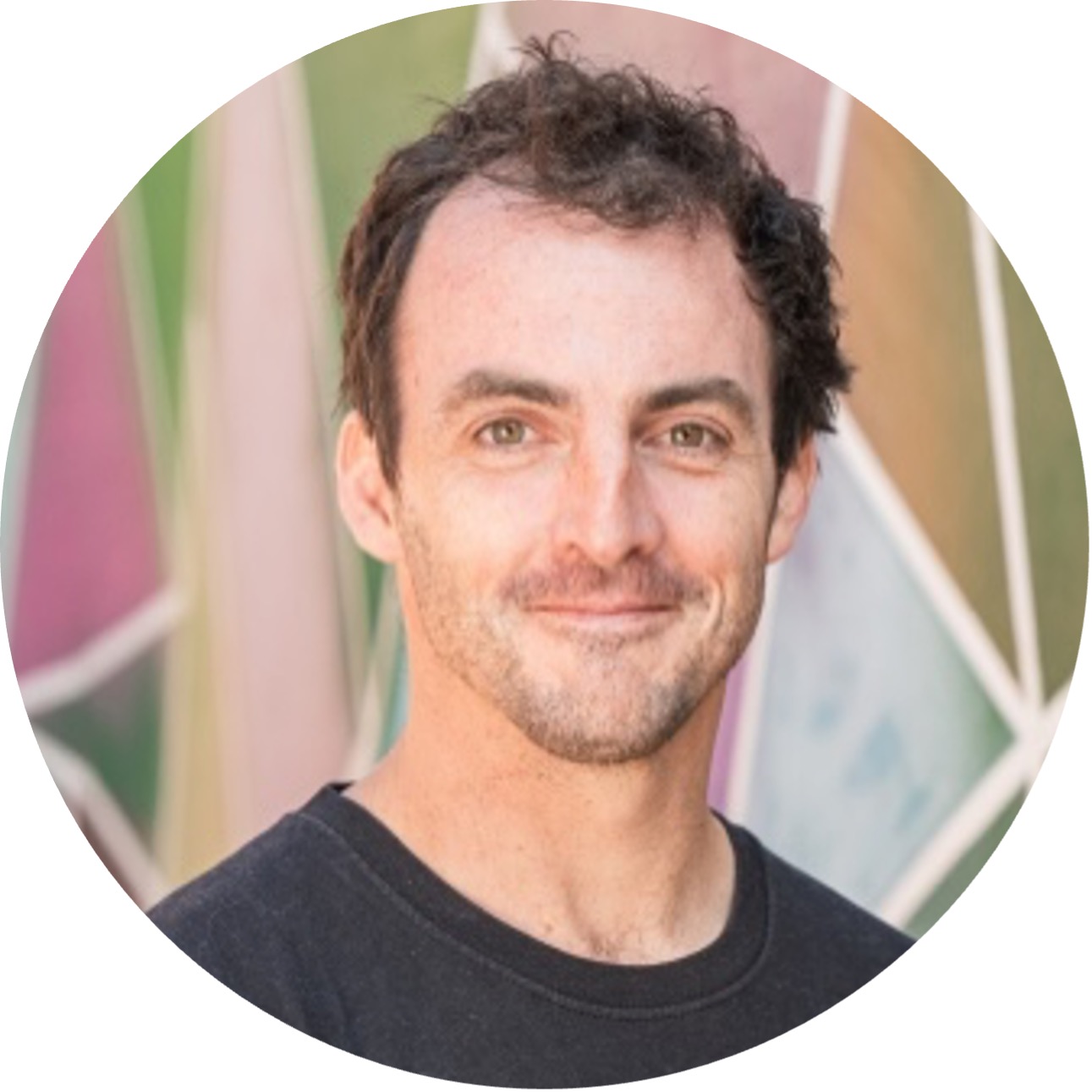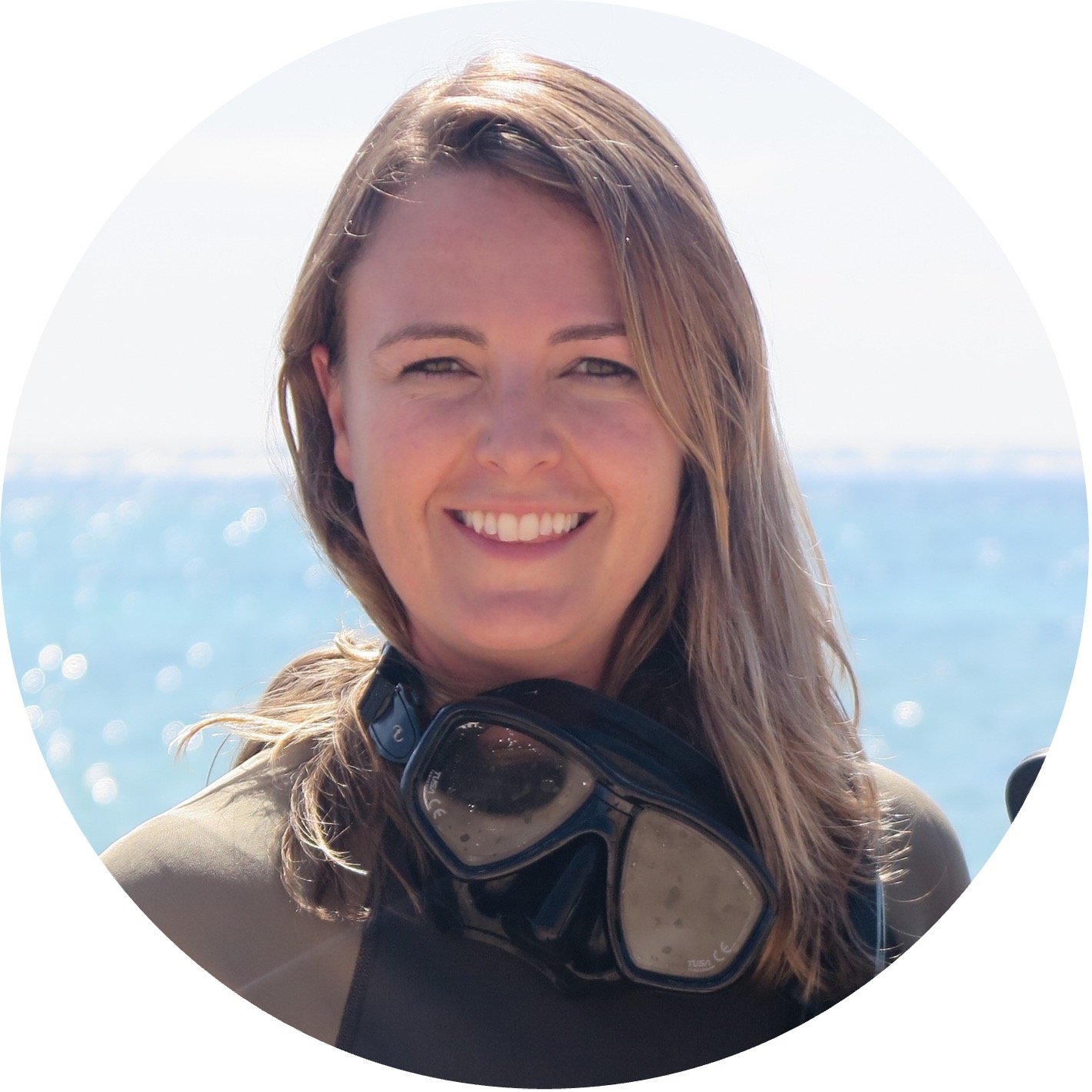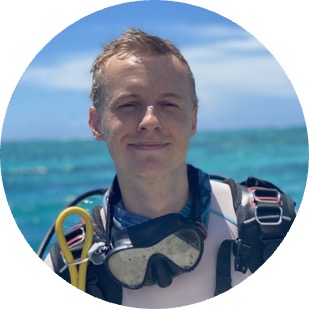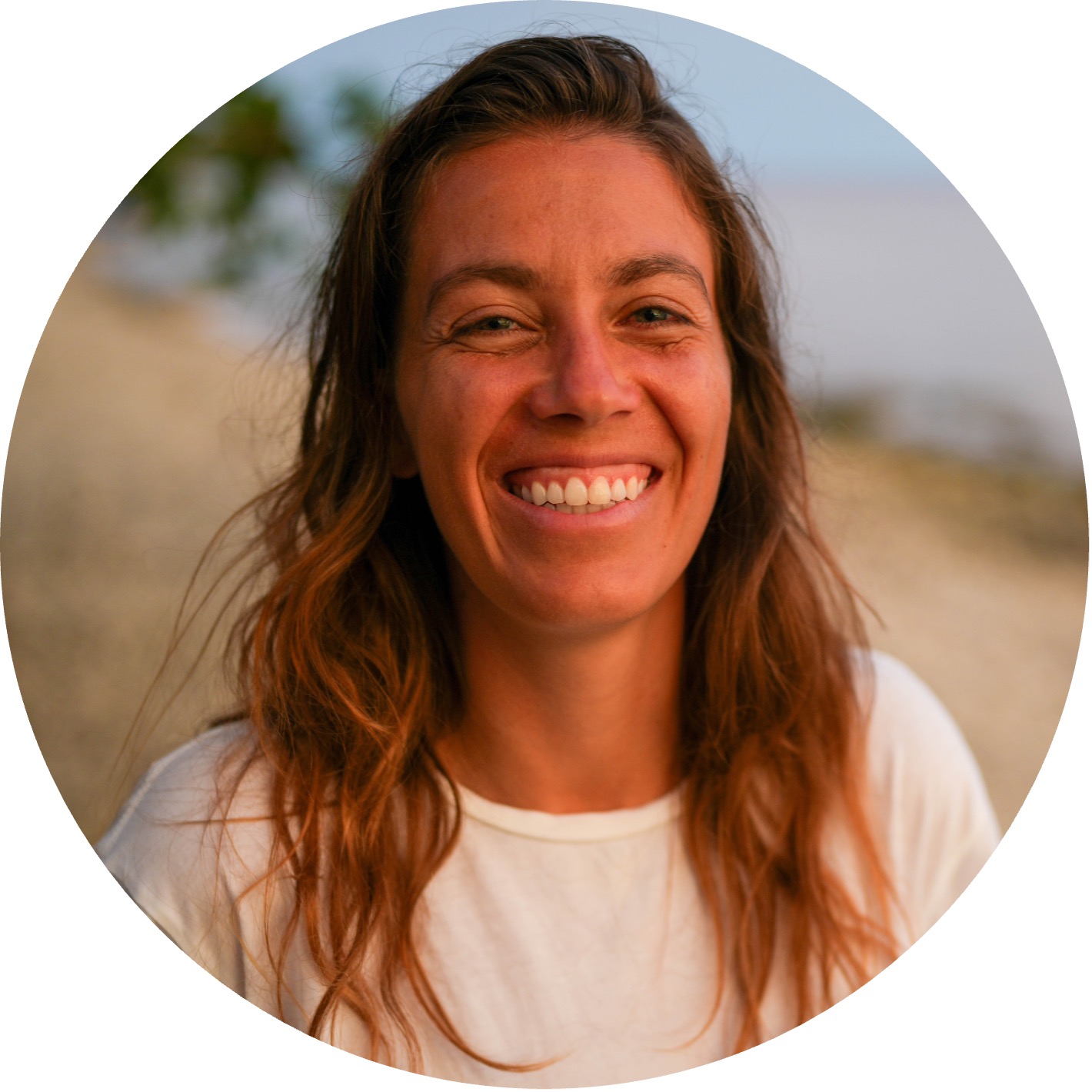Meetings Other Relevant Events


Hosted under the chairmanship of the Kingdom of Saudi Arabia represented by the General Organization for Conservation of Coral Reefs and Turtles in The Red Sea (Shams).

Harnessing Artificial Intelligence to Monitor Coral Reefs
Coral reefs exist in more than 100 countries and territories underpinning Earth’s vast and interconnected web of marine biodiversity. They provide ecosystem services valued up to USD $9.9 trillion and support the livelihoods, well-being, and cultures of close to one billion people worldwide (~13% of the global population). They are vital to the security, resilience, and climate adaptation of many of the world’s most vulnerable island and coastal nations, yet the survival of coral reefs is threatened by increasing local human-pressures, compounded by the escalating climate crisis. The need for urgent action is clear.
Advances in science and technology are opening new pathways to protect, manage, and restore coral reefs – offering hope for their recovery and the communities that depend on them. Cutting-edge technologies like Artificial Intelligence (AI) are emerging as powerful tools #ForCoral. AI can process vast amounts of data – from satellite imagery to underwater sensors – to predict reef health trends, optimise restoration site selection, and improve marine spatial planning.
This 90 minute webinar on AI aims to showcase innovative AI applications in coral reef monitoring, bridging technology and marine science for actionable insights.
Objectives:
- Introduce participants to the fundamentals of AI and its application in monitoring coral reef ecosystems.
- Showcase real-world examples of AI-driven monitoring tools that support reef health assessments and data collection.
- Highlight how AI enhances the scale, speed, and accuracy of reef monitoring compared to traditional methods.
- Discuss opportunities, limitations, and challenges of using AI in marine monitoring, especially in diverse and remote environments.
The registration for this webinar will be managed through Luma.
Here’s how it will work:
- Registration: When attendees register through the Luma event page, they will not receive the Zoom link immediately. This is normal and part of the setup for this particular webinar.
- Zoom Link & Event Access: The Zoom link will be released closer to the event date. This will be shared via a ‘news blast’ sent to all registered participants. The email will include the Zoom access link and any final updates or materials related to the webinar.
- Why This Process? We’re using Luma to streamline communication and consolidate updates in one place. By sending the Zoom link closer to the date, we can ensure participants receive the most up-to-date information, avoid confusion, and increase event security.
- Reminders: Registered attendees will also receive automated reminders from Luma as the event approaches, ensuring nothing is missed.
English
Should you have any questions or need more information, do not hesitate to contact the ICRI Secretariat
Thursday 2nd October 2025
Agenda
Welcome to the webinar, overview of ICRI, agenda and housekeeping (download .pdf)
Margaux Monfared, ICRI Secretariat
All at Sea: Uncertainty-Aware AI for Coral Monitoring with KCRI (download .pdf)
Andy Corbett, digiLab
From images to insight: democratising coral reef monitoring for global impact (download .pdf)
Emma Kennedy, ReefCloud
Unlocking the soundscape of coral reefs with AI (download .pdf)
Ben Williams, Zoological Society of London
A shared model, many contributors: co-creating better, simpler coral reef AI for all (download .pdf)
Alexandra Kler Lago, MERMAID
3D Coral Reefs Maps (download .pdf)
Sergei Nozdrenkov, Wildflow
Question and Answer
Moderator: Margaux Monfared, ICRI Secretariat
Closing

Margaux Monfared
International Coral Reef Initiative (ICRI) Secretariat
Margaux Monfared works on Global Engagement and Ocean Policy for Blue Pangolin Consulting and serves as the International Policy and Advocacy Director for the International Coral Reef Initiative. An experienced marine biologist and policy specialist, her career spans hands-on coral reef restoration to global advocacy for reef protection. She holds an MSc in Applied Aquatic Biology and has led research and education programmes in the Maldives, Cambodia, and Honduras before transitioning to international policy roles. With several years of field experience, Margaux has focused on enhancing coral reef resilience to climate change through collaborative research, community outreach, and cross-disciplinary teamwork – yielding valuable insights into effective, science-based conservation practices. She is also a member of Leading Women for the Ocean, a global network that empowers women’s voices in ocean conservation, and the CBD Women’s Caucus. Through these and other platforms, she actively contributes to advancing more inclusive and effective ocean governance.

Tim Dodwell
digiLab
Tim is Co-Founder and CEO of digiLab, an award-winning deep tech company building market-leading AI products to drive reef conservation. Tim has been working with the world-leading team at KAUST to transform global reef conservation, harnessing trusted AI to improve efficiency and make scientific breakthroughs in this field.
Sustainability and renewable energy are Tim’s passion – digiLab is leading the way in the UK in the field of fusion development, and is a key contributor in the work towards net-zero in the wider engineering sector including Energy, Aerospace, Transport and Water. He is an advisor to the UKAEA, sits on the Fusion Skills Council and is an internationally recognised leader in Data-Centric Engineering, Uncertainty Quantification and Probabilistic Machine Learning.
Passionate about exploiting the power of Digital Twin technology – digiLab showcases extensive collaboration with industry partners at the forefront of safety-critical engineering. Alongside his work at digiLab, he remains a prominent member of the global machine learning research community at the University of Exeter, Alan Turing Institute, Turing AI Fellowship, and visiting professorships at Heidelberg and MIT.
Tim is an evangelist for technology, and through new products at digiLab like the Uncertainty Engine, he is setting new standards in trustworthy AI. In 2024, Tim won the Tech South West Leadership award, awarded to tech leaders who inspire and influence, maximise the efforts of others and deliver positive impact.

Andy Corbett
digiLab
digiLab’s Director of AI, Andy is an Explainable AI Expert, and Turing Institute and ex-Max Planck Mathematician.
With over a decade-long academic career focused on applied mathematics, particularly in explainable AI, dynamical systems and deep neural networks, Andy has delivered solutions across engineering, medical AI, compute vision and LLM deployment.
digiLab’s partnership with the KAUST Coral Reef Restoration Initiative has enabled Andy and his team to prototype, build, and deploy AI workflows that address the real challenges of scaling up a restoration project from 1 hectare to 100. These include digital reconstruction of coral nurseries, optimisation of sensor placement, and the use of trustworthy AI agents to analyse and interpret collected data.

Emma Kennedy
Australian Institute of Marine Science
Dr Emma Kennedy is a coral reef ecologist with expertise in benthic monitoring and the use of real-world field data to understand spatial and temporal patterns in coral reef communities. With over a decade of research experience, she has led or contributed to more than 50 field campaigns across diverse reef systems, combining tools from ecology, genetics, geoscience, and machine learning to advance reef monitoring from fine-scale surveys to global assessments. Emma is currently the science lead for ReefCloud at the Australian Institute of Marine Science, where she works within a team to transform how reef data is collected, analysed, and shared for conservation impact.

Ben Williams
Zoological Society of London / UCL
Ben recently completed a PhD at UCL and ZSL, where his research focused on developing and applying AI and deep learning methods for passive acoustic monitoring of coral reefs. His work has included tracking recovery across the world’s largest reef restoration programme led by Mars, collaborating with Google DeepMind to build SurfPerch, a neural network optimised for learning reef novel reef sounds, and applying AI to detect illegal bomb fishing. He also gave a TEDx London talk on how AI is transforming reef conservation. Ben is now an Encode: AI for Science Fellow at Imperial College London, researching how to integrate vision–language models into digital twins of reefs.

Alexandra Kler Lago
Wildlife Conservation Society / MERMAID
At the Wildlife Conservation Society, Alexandra strengthens the MERMAID community through training, partnerships, and platform development, helping practitioners collect and apply coral reef monitoring data. She is committed to building capacity among early-career professionals and conservation practitioners, promoting data-driven approaches and the use of digital tools like MERMAID to generate high-quality information for identifying and protecting climate-resilient reefs. Alongside this work, her research on selective breeding for heat tolerance in corals on Australia’s Ningaloo Reef reflects her dedication to advancing climate-resilient reef conservation.

Sergei Nozdrenkov
Wildflow
Sergei Nozdrenkov is running the early-stage startup wildflow.ai, focused on building foundation models for biodiversity to protect and restore coral reef ecosystems. Previously, he spent 6 years at Google. He was the founding engineer of the biodiversity AI moonshot at Google X, tackling the biodiversity crisis of insects – focusing on pollinators (helping the bees) and pest management (reducing pesticide use). Before that, he worked on monetization in Ads and was stitching satellite data in Google Maps. He dreams of freediving with humpback whales in Tonga one day.